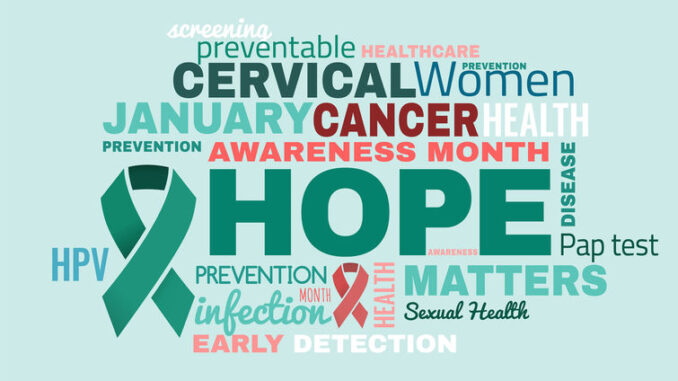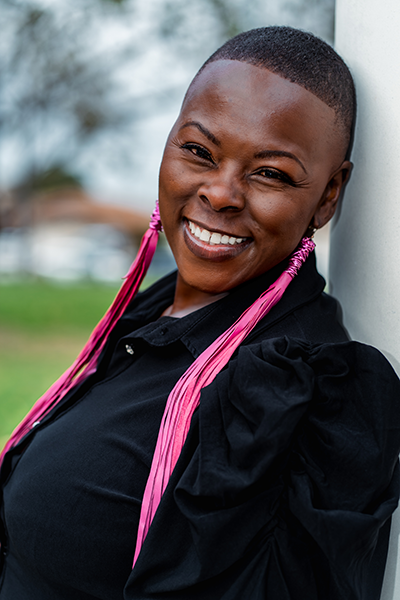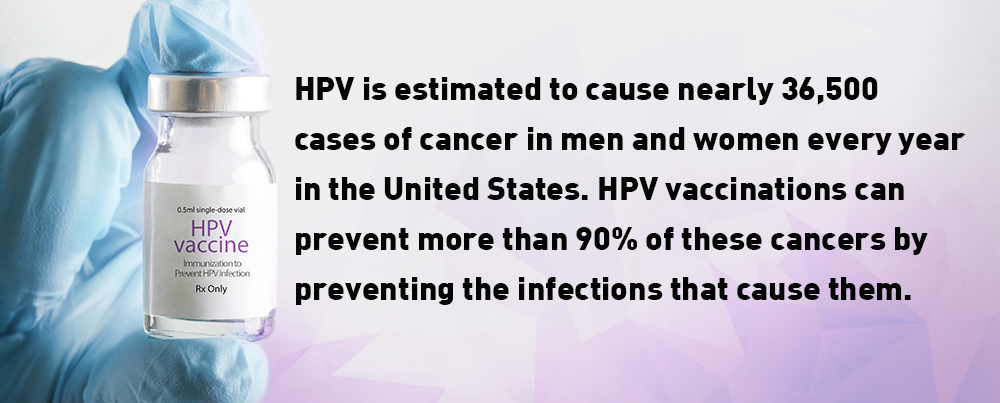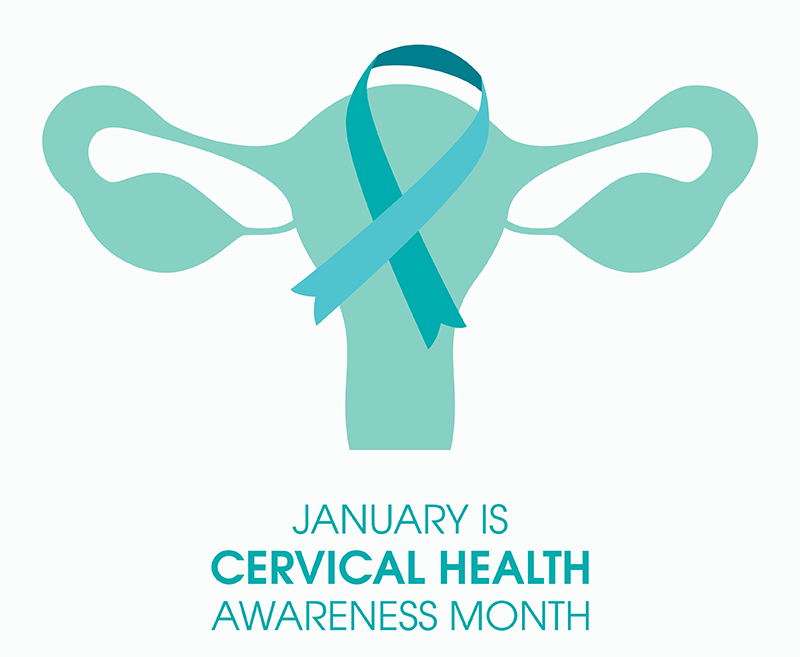
By Kara James, Planned Parenthood Los Angeles Nurse Practitioner
January is National Cervical Cancer Awareness Month. Cervical cancer is preventable, but remains life-threatening for thousands of Black women every year.
Every day, I do all I can to fight barriers that keep many Black women and people with a cervix from learning how to prevent cervical cancer. The majority of my patients at Planned Parenthood Los Angeles are Black and Latino, the two communities that suffer disproportionately from cervical cancer. But Black women have the highest mortality rate.
Black women are twice as likely to lose their lives to cervical cancer as non-Latino white women because they are usually diagnosed at later stages. Later diagnosis is due to a variety of factors, including lack of information, misinformation, and mistrust of a medical system where racist policies and practices have proved detrimental to the health of Black women.
Systemic racism in the United States contributes to the reproductive oppression and medical mistreatment that many Black communities still face today. Even well into the 21st century, researchers have documented that institutionalized racism in health care systems has led to Black women’s dissatisfaction with care, mistrust in providers, and ineffective patient-provider communication, as evidenced by the fact that Black women are three times as likely to die in labor or post-childbirth than white women.
For many Black women, mistrust of the medical system has been passed down for generations. These lived experiences have resulted in a deep wariness of any form of preventive medicine, including Pap smears. I recently saw a patient who was very reluctant to receive care due to their horrifying experience with a health care provider during childbirth. When thinking of racism within the health care system, as Black health care providers, we must acknowledge the trauma that many Black women experience while advocating for patients in Black communities.
When I speak with my patients about Pap smears and the human papilloma virus (HPV) vaccine as the paths to preventing cervical cancer, I empathize with those who come in with a sense of fear and lack of trust. I educate them about the benefit of regular Pap smears, which can detect abnormal changes in the cervix. I explain that cervical cancer is caused by HPV, a sexually transmitted infection (STI).
HPV is so common that most sexually active people should expect to be exposed to it, and if they aren’t vaccinated, they will likely be infected by HPV at some point in their lives. In fact, 80% of the population is exposed to this STI through oral, anal, or vaginal sex. Most people don’t have symptoms and the infection usually goes away. However, in some cases, the infection doesn’t clear up and could eventually lead to cancer.
According to the Center for Disease Control and Prevention, HPV is estimated to cause nearly 36,500 cases of cancer in men and women every year in the United States. HPV vaccinations can prevent more than 90% of these cancers by preventing the infections that cause them. The HPV vaccine is given as a two or three dose series, recommended to start at age 11 or 12, primarily to provide protection before people are sexually active.
Many parents already find that talking with their children about sexuality and reproduction can be overwhelming. So discussing HPV vaccines can also be a sensitive topic for parents who may not trust a vaccine for a 12 or 13 year old or who question the need for it at that young age.
The HPV vaccine can be given as a routine vaccination for people up to age 26, and in some people, up to age 42. Anyone with a cervix should also get regular Pap smears according to a schedule recommended by a healthcare provider.
Through our work at Planned Parenthood Los Angeles’s Black Health Initiative, we provide patient-centered care in a non-judgmental environment. We believe in providing a safe space to come, talk and learn, in simple everyday terms, about cervical cancer, sexual health, and other issues that impact Black communities.
As a Black nurse practitioner who lives, works and educates in Black communities throughout Los Angeles, I hope my presence helps to decrease the anxiety and fear often associated with medical care and empowers Black patients to seek the information and care they need.
For more information on cervical cancer, HPV, and cancer screenings, or to locate a Planned Parenthood health center, visit PlannedParenthood.org. The new year is the perfect time to focus on your health and schedule a checkup. With both the HPV vaccine and routine checkups, we can protect our health and that of the Black women in our lives.

Kara James is a Nurse Practitioner with Planned Parenthood Los Angeles, providing trauma-informed direct clinical care to patients since 2015. As an evidenced-based clinician and activist, Kara’s work is framed through racial equity and anti-racism. She also played a vital role in creating the Black Health Initiative in 2020 to promote holistic well-being and health in Los Angeles’ Black communities.









